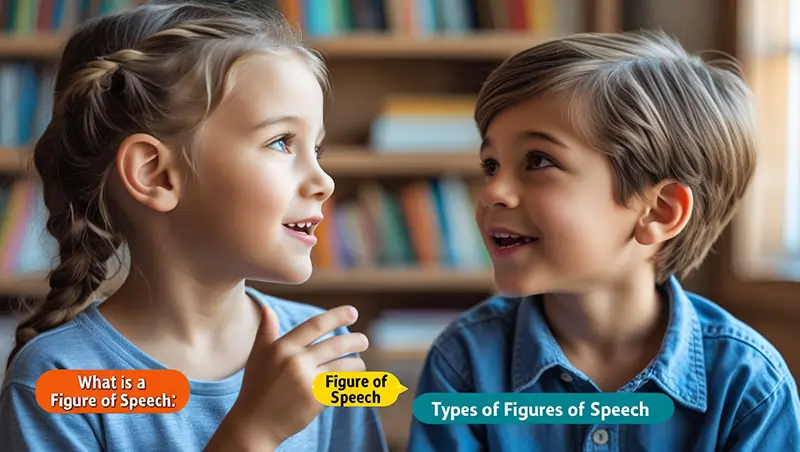How to Motivate Homeschooling Kid

Are you having difficulties with motivating your children? When it’s time for lessons, do kids lose enthusiasm? I have not met yet parents who have not faced this situation. How are parents going through this difficult period? Is it possible to turn homeschooling into collaborative, fruitful work? To answer these questions, let’s look at all the arguments regarding learning.
In the traditional school, the teacher is guided by a predetermined curriculum. All students study the same thing, all at the same time, regardless of individual interests and abilities. Each subject is divided into several components, and constant tests are made to determine who understood the material and who didn’t. Some pupils have to try hard to keep up with the program, while others learn everything very fast and get bored. As a result, there are discipline problems. This style of teaching is necessary when there are 20-30 pupils sitting in a classroom, but not in a home environment.
Many parents try to recreate the school environment at home. Not surprisingly, children who are homeschooled in a formalized environment often react the same way as children in school. They get tired or start to get bored, are capricious, and do not make contact. In this case, the problem is not with the child, but with the very idea that everyone has to go through a certain material at a certain age or in a certain time frame.
It takes tremendous faith to accept that your children can and will learn without plans and schedules. Former teacher John Holt writes about this in his book “How Children Learn”. Holt demonstrates that learning occurs in a variety of ways, and textbooks and notebooks are often the least effective.
To learn how to create an environment that fosters a love of knowledge at home, you can refer to the following checklist of Do’s and Don’ts.
What not to do:
- Do not purchase a complete set of educational materials for the program and do not require your child to complete everything that is included there. It is better not to take a ready-made program at all – create it yourself.
- Don’t encourage competition. At school, children compete for the best grades or the title of best student. Experienced writers at Write my paper emphasize that real education is not about getting high marks or being first, but about loving the process of learning. Focus on the process, not the result.
- Don’t compare your child to other children. It doesn’t matter if your daughter’s seven-year-old friend knows the whole program, or that your neighbor’s eight-year-old has already learned to write well. Homeschooling allows children to learn when they are ready. Use this freedom.
- Don’t confuse memorization with learning. Schoolchildren forget 80% of the information “learned” in a year, literally in one summer. Children (and adults!) remember what they like. If your kids follow their hobbies and interests, they won’t even have to try to memorize!
- Don’t promise rewards for academic achievement. Your child should be motivated by the process, not by deceptive achievements. Otherwise, the goal becomes to receive a reward, and the upbringing of an internally motivated student fades into the background. Studies have shown that rewards cause apathy or dislike for the subject, which is exactly the opposite of your goal.
- Do not berate your children if they are not coping with something. Take a pause, look carefully at what you are doing, and look for another way to do it. Talk to other parents, read a homeschooling book. You need to be flexible and try new things.
What to do:
- Create a “learning-friendly” atmosphere in your home. Let there always be at hand: interesting books, magazines, catalogs, items for creativity, writing materials, scientific equipment, etc.
- Turn off the TV or limit watching it. Few children (or adults!) can resist the hypnotic influence of television. Also, limit meaningless computer games.
- Visit the library on a regular basis and find interesting new books.
- Change your learning process to suit your child’s interests. Find a topic that inspires your child and follow his interests. Learn biology with insects, fractions in baking, gardening by working in the garden, and geometry by making a birdhouse. This way of learning will better show you how to focus on homework and do it for the benefit of the child.
- Allocate free space where there is no clutter and prepare a free table for projects.
- Set goals for every day. The reward for the productive study is unlimited free time.
- Allow the children to take a break when they are struggling with something. This period of “hibernation” is often followed by intellectual growth. Show support during these periods.
- Set a good example. Do you want your children to read more? Let them see you reading. How often do you write letters, search for information about something you don’t know, or play a learning game? Are you ready to try something new or gain new skills? Children are like a mirror, reflecting what they see at home. If you spend your free time in front of the television, why do you expect your children to do anything else?
- Become a student who learns with your child. Homeschooling is a great opportunity to learn many interesting things that you missed in school. Think of the role, rather like the role of assistant, who directs, provides opportunities and creates an atmosphere in which learning – rather, it is part of life, not something that happens in a certain place at a certain time.
Bottom line
The motivation to learn does not develop overnight; sometimes it takes a lot of effort and time. Do not motivate your child with distant and illusory goals, incomprehensible for his age. Every parent must find where their children’s potential lies. Try to discover his talents in different ways, give him the opportunity to express himself. Seek out your children’s inclinations for some kind of activity, show them by example that we are learning new things all our lives, that there is a lot of interesting things in life.
Author Bio: Helen Wilson is a professional content writer. Her main spheres of specialization are Homeschooling, Writing, and Self-development. She also studies topics about psychology and health.

